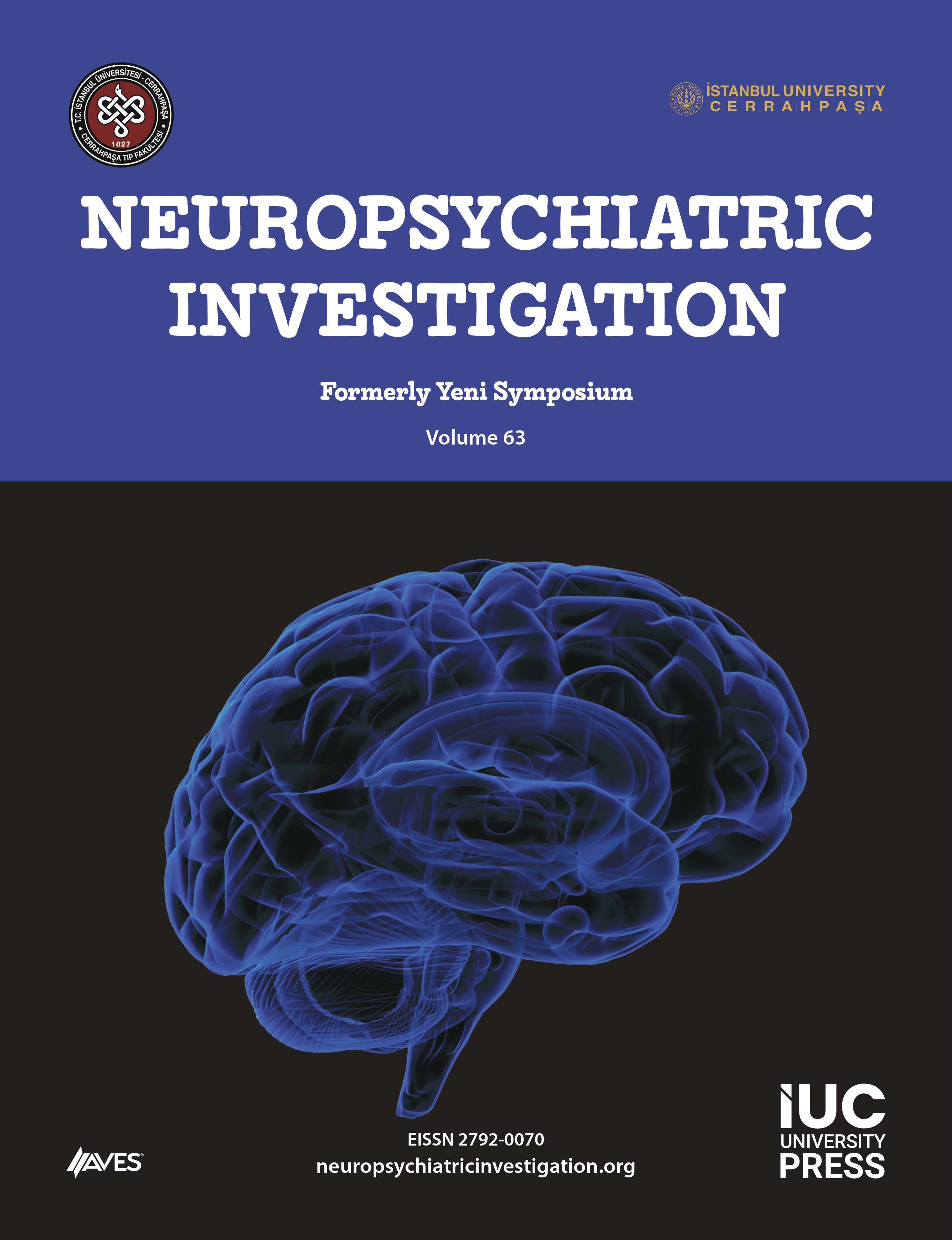Objective: In this study, it was aimed to compare the self-efficacy beliefs of adolescents with and without attention-deficit hyperactivity disorder (ADHD), parents’ parental self-efficacy beliefs, and ADHD symptoms.
Method: The clinical sample consisted of 46 adolescents diagnosed with ADHD between the ages of 14-17 and parents of 42 adolescents; control sample consisted of 43 adolescents without any diagnosis and their parents. Adolescent participants have completed the socio-demographic form and Self-Efficacy Scale in Adolescents; their parents have completed the Parental Self-Efficacy Scale, Wender Utah Rating Scale and Adult Attention Deficit and Hyperactivity Disorder Self-Report Scale.
Results: As a result, it was found that adolescents with diagnosed ADHD have lower general and academic self-efficacy belief scores than those in the control group. Whereas it was showed that there is a significant positive relationship between self-efficacy belief scores of female adolescents in clinical and control group and the parental self-efficacy belief scores of their parents, there isn’t a significant relationship between male adolescents and their parents’ parental self-efficacy belief scores in ADHD and control group. The parental self-efficacy belief scores of parents in clinical group were significantly lower than those in the control group. Finally, it was reported that parents with adolescents diagnosed with ADHD have adult ADHD symptoms more than those in control group whereas there was a significant difference between the fathers in terms of childhood ADHD symptoms, but no difference between the mothers of the two groups.
Conclusion: The results of this study are important in terms of addressing the self-efficacy beliefs of adolescents with and without ADHD together with the parental self-efficacy beliefs of their mothers and fathers.




.png)